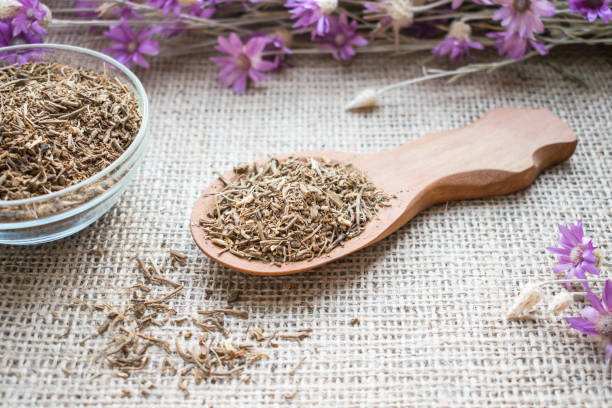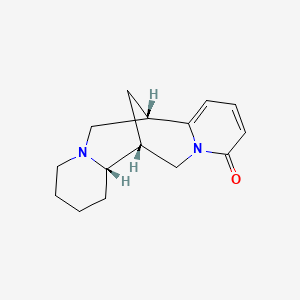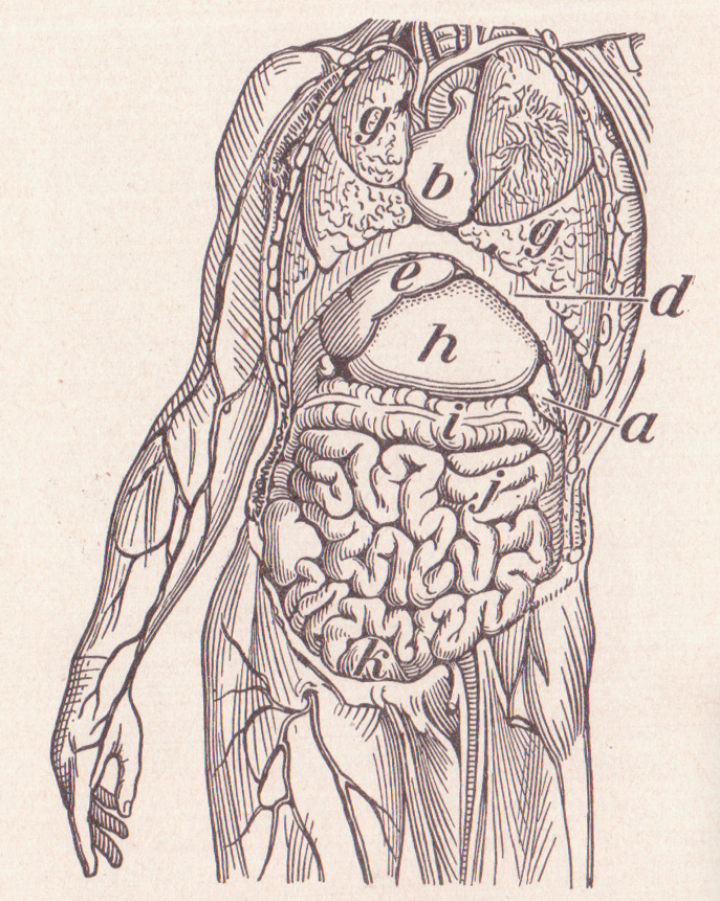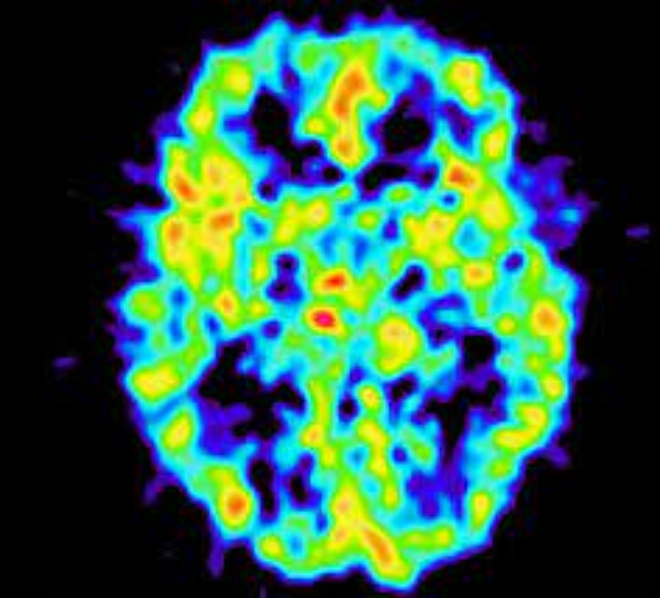|
Name: Valerenic acid
Type: Herbal supplement
AKA: Valerian, Valeriana

|
|
II. Natural Derivative

|
|
III. Chemical Profile (IUPAC name)

|
|
IV. History
Valerenic acid, a compound found in valerian root, has been used traditionally for its sedative and anxiolytic effects. Its use dates back to ancient times, with valerian root being used in traditional medicine across various cultures. The compound gained scientific interest in the late 20th century for its potential therapeutic applications. Its historical use reflects its role in herbal medicine and ongoing research into its efficacy and safety.

|
|
V. Legal Information
Valerenic acid, derived from valerian root, is not classified as a controlled substance. It is used as a dietary supplement and is generally regulated as such, focusing on its use and ensuring safety in supplementation.
Key US Federal Policies:
Valerian supplements are regulated by the FDA as dietary supplements. They must meet standards for labeling, purity, and safety.
|
|
VI. Physical Effects
Valerenic acid is a compound found in valerian root, used for its sedative effects. It acts as a downer, promoting relaxation and reducing anxiety. Short-term use can aid in sleep and anxiety management, but long-term use may lead to tolerance and potential cognitive effects. Overdose risks are low but may include excessive sedation. Safe use involves careful dosing. Recent research highlights its effectiveness for anxiety and sleep disorders.  |
|
VII. Psychological Effects
Valerenic acid, found in valerian root, affects GABA-A receptors, providing mild anxiolytic effects. Immediate effects include reduced anxiety and improved sleep, with long-term use potentially offering benefits for anxiety management. Research focuses on its efficacy for anxiety and sleep disorders.
 |
|
VIII. Culture
Valerenic acid is a compound found in valerian root, used historically in herbal medicine for its calming effects. Valerian has been used since antiquity in Europe and Asia. Its modern cultural significance includes its use as a natural remedy for anxiety and insomnia. Proponents highlight its benefits for relaxation and sleep, while opponents question the scientific support for its efficacy. Its use spans both traditional herbal medicine and contemporary health practices.
 |
